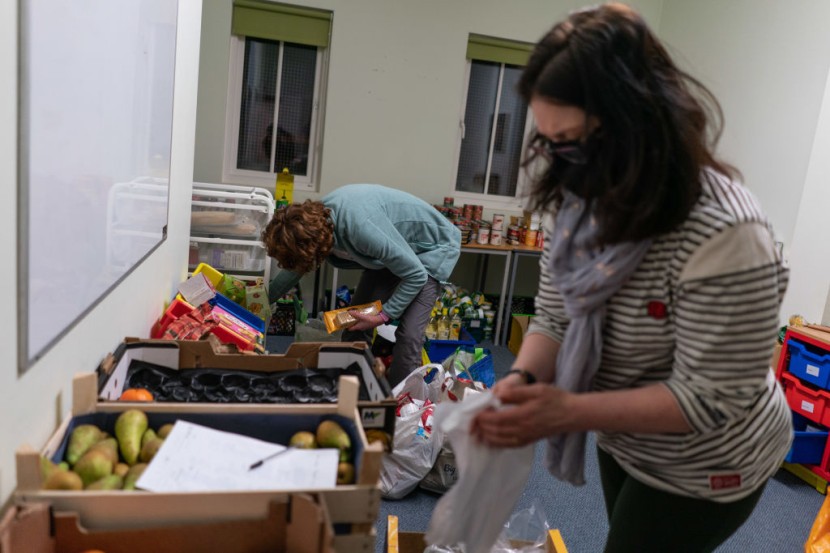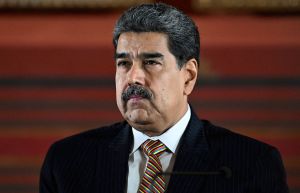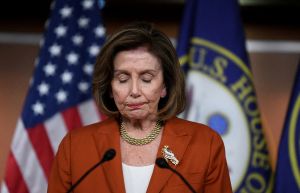
Surging food and energy prices force many individuals and families in the United Kingdom into financial struggle, prompting them to turn to food banks to make ends meet.
Since the COVID-19 pandemic hit Britain, food banks across the country serve as a lifeline for man people who cannot afford to buy food. Now that the threat of the virus is gradually subsiding, more and more people are still going to food banks, as reported by AP.
Michelle Donnelly manages an east London food cluster. She has been gathering extra foods from stores and deliver them to folks who are unable to purchase meals. And as days went on, she noticed that things seemed to worsen.
"You're getting people panicking," she remarked as she served turkey curry and onion bhajis to guests. Their food bank used to operate until 4 in the afternoon, "but now everything is gone by 2:30."
Rapid Infation Hits UK
Inflation has surged rapidly, reaching 9% in April, the highest level in 40 years in the UK. Millions more people saw their yearly energy expenses rise by 54 % in the same month, equating to an extra 700 pounds ($863) per home on average.
More than a fifth of British households are struggling financially as the cost of a weekly supermarket purchase climbs by 7%, according to The Guardian.
According to market research firm Kantar, nine out of 10 respondents are anxious about growing grocery prices, behind only concerns about rising energy costs as the cost of living crisis strikes families severely.
Read Also : China Sends Strong Warning to Joe Biden Over Controversial Taiwan Remarks: "Follow the One China Principle"
On Tuesday, the director of Ofgem, the UK's energy regulator, predicted that yearly costs for millions of homes would jump by around £800 ($1,000) to £2,800 ($3,494) later this year, per CNN.
When Ofgem raises its price limit, which is the maximum amount providers can charge customers per unit of energy, the new increases will take effect in October. The threshold was hiked by 54%, the largest rise since the government began regulating prices five years ago.
Blood on the Hands of UK Government
Jonathan Brearley, Ofgem's chief executive, told a parliamentary committee that the regulator expects a price cap in October of £2,800 ($3,511) in the region.
Brearley admitted that the agency was still reviewing rates and that the cap may adjust but said it was a quite difficult period for consumers.
He said that the news will be "utterly devastating" for 6.1 million homes currently experiencing "fuel poverty - and for the additional 1.7 million households who will spend this winter struggling to keep themselves warm,"
Simon Francis, who serves as End Fuel Poverty Coalition coordinator, said the UK government "will have blood on its hands this winter," unless it acts immediately.
According to a Sky News report, the UK government is under increasing pressure to ease the budget constraints and offer assistance to people and firms.
On Monday, Boris Johnson stated that they would "just have to wait a little bit longer" for updates on the current assistance package. He has also not ruled out imposing a one-off tax on energy corporations' earnings to help subsidize customer prices.
Labour has accused the government of stalling, claiming that its windfall tax proposals will save every l household £600 on their power bills.
© 2025 HNGN, All rights reserved. Do not reproduce without permission.








